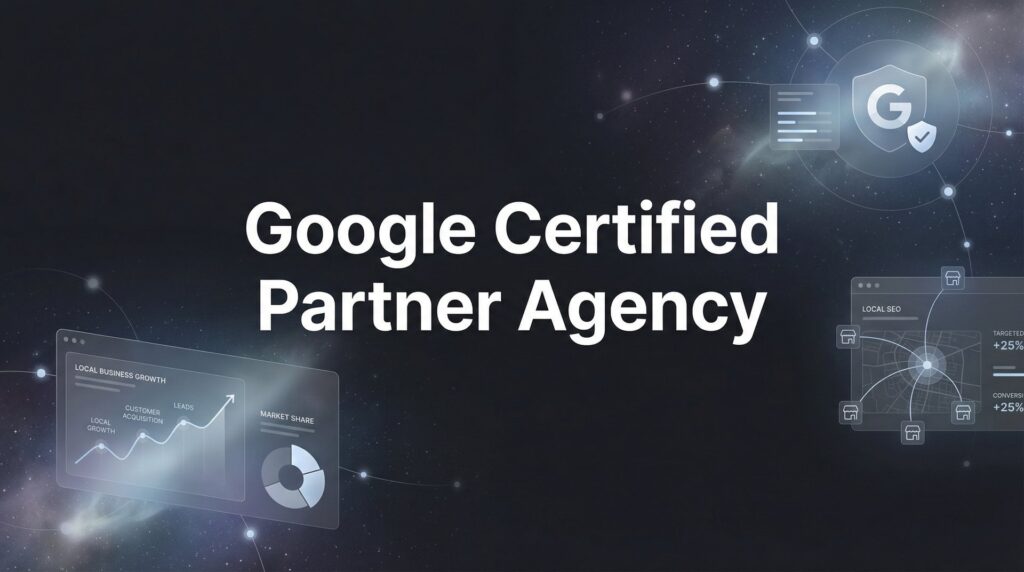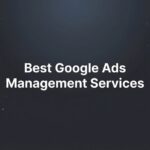Like most law practice areas, estate law requires a constant flow of new clients and the continued cultivation of existing ones. Many estate law firms have embraced digital marketing, especially inbound marketing, as the premier method of attracting potential clients.
Your law firm might consider applying a smart and comprehensive marketing strategy to succeed in such a competitive landscape. It’s not enough to have a great-looking website–you also need to get as many prospects’ eyes on it as possible. The higher your law firm’s website ranks on Google Search results, the better. But what marketing strategy is the right choice for you?

Pay-Per-Click (PPC) and Google Ads Advertising
Pay-per-click advertising is an excellent method of quickly making your website highly visible. PPC services, like Google Ads, exchange the first few slots of a search result for payment. Essentially, if someone searches for a law-related keyword and then clicks on your ad, you’ll pay Google a set amount per click.
While PPC seems relatively simple, a law firm PPC ad campaign requires a lot of planning and care to succeed. Law-based keywords are highly competitive in the Google price-bidding process, and the cost per click is high enough that you will need to do a lot of keyword research beforehand. Having a comprehensive keyword list is essential to getting the best ROI possible from your PPC ad strategy.
Another issue that you might run into is that potential customers sometimes don’t trust Google ads and prefer to click on organic results instead.
However, if you need a quick boost in traffic to your law firm s website, PPC is an excellent, if short-term, option.
Optimizing for Search Engines (SEO) for Your Law Firm
Search engine optimization (SEO) is a long-term strategy that relies on manipulating your web page’s architecture and content to make Google’s search algorithm happy, which will maximize your ranking for specific keywords. Law firm SEO is highly competitive, so every firm needs to have some form of optimization in place already.
SEO has one major drawback: it relies on ranking in organic (non-paid) results, which can take several months to manifest. Each search engine regularly changes its algorithm, so you always need to be adjusting and adapting your strategy to ensure that your ranking stays in place.
Choosing the Right Advertising Campaign
In general, both SEO and PPC have a part to play in your marketing strategy. PPC produces immediate results and doesn’t have the commitment factor that SEO does.
If your PPC ad isn’t working, it’s an easy task to correct course and produces better results almost instantly. As long as you have a dedicated landing page and lead conversion plan, a PPC campaign can be an effective tool in your arsenal, especially when times are slow.
SEO offers several distinct advantages over PPC in that it produces results long after the initial investment period. It also generates higher-quality leads due to the trust associated with organic Google results. The best time to start such a campaign is during the slow times when you can focus your efforts on producing the best website possible, ready for when interest in estate law picks up.
The two methodologies aren’t mutually exclusive, and most firms use a combination of the two. If you’re uncertain which one is best for your needs, give us at Clicks Geek a call today (917-310-1597), and we’ll help you draw up a comprehensive campaign that will produce excellent results.
Want More Leads for Your Business?
Most agencies chase clicks, impressions, and “traffic.” Clicks Geek builds lead systems. We uncover where prospects are dropping off, where your budget is being wasted, and which channels will actually produce ROI for your business, then we build and manage the strategy for you.






